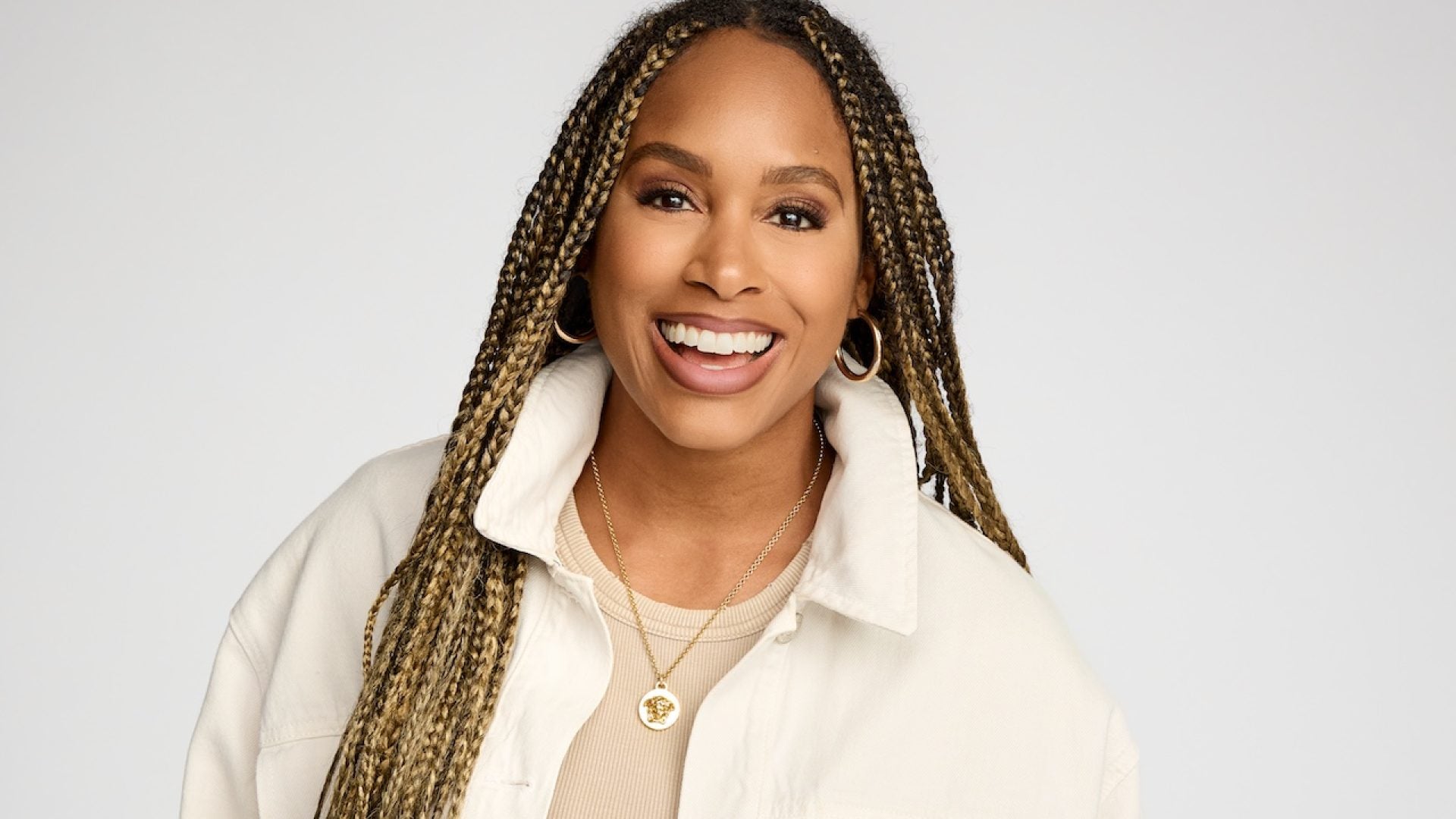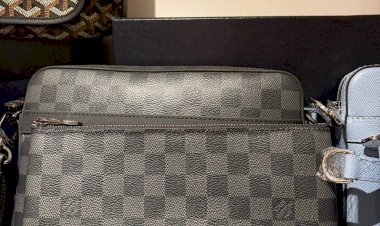The Pressure To Hold It All Together Pushed A Black Woman Into $460,000 Of Debt—And Forced Her To Confront the Price Of Being “Strong”
Jade Warshaw carried $460,000 in debt for almost a decade (yes, you read that correctly). But even though you may see that whopping number, that debt wasn’t the only thing […] The post The Pressure To Hold It All Together Pushed A Black Woman Into $460,000 Of Debt—And Forced Her To Confront the Price Of Being “Strong” appeared first on Essence.

By Kimberly Wilson ·Updated November 17, 2025 < /> Getting your Trinity Audio player ready…
Jade Warshaw carried $460,000 in debt for almost a decade (yes, you read that correctly).
But even though you may see that whopping number, that debt wasn’t the only thing she was carrying. Can you imagine what it cost her emotionally, how it shaped her choices, and how often she had to pretend everything was fine when it wasn’t?
And the craziest part? As a Black woman, she’s not even alone.
“For me, it was about presentation being tied to identity,” Warshaw says. She’s now a co-host of The Ramsey Show (8 million weekly listeners) and has a book coming out in January called What No One Tells You About Money. But back then, she was drowning. “Growing up as many times the only African American family in predominantly white areas, I always felt the need to SHOW that I belonged.”
That need to prove herself translated directly into how she spent. “All of that was an attempt to belong, get the gig, show that I was professional, and prove I could hang,” she says. The credit card debt didn’t come from being careless or irresponsible. It came from trying to survive in spaces that demanded a certain presentation (the right clothes, the right hair, the right everything) just to be taken seriously.
If you’re a Black woman reading this, none of this is news to you. You know the mental calculations that happen the moment you walk into certain rooms or the cost of constantly managing perception. You know that belonging has a price and it’s going to cost you one way or another whether it’s financially, emotionally or spiritually (and sadly, sometimes all three!).
Warshaw had to completely rewire her thinking. “My biggest superpower is not to care what anyone else believes about me instead of being so focused on how I need the world to view me – even if it’s a false picture of reality,” she says. The shift wasn’t just about budgeting better or cutting expenses. “I had to shift my focus to ME, my family, and what my goals are AND making those becoming a reality.”
As Black women we’ve been conditioned to be strong because society demands it. “We don’t have the luxury of showing up any less than 100,” Warshaw says. “And it’s not just in our minds. It’s a cultural and societal standard to succeed that makes this pressure a reality.”
That pressure to be strong becomes an expectation to be superhuman. And really, how are we serving ourselves when we do this? Umm… we’re not. “We don’t feel like we can do less, or say no, or set some things down, or put our goals first, or stop to even sense our own emotions. If we do – it all falls down right?” Warshaw admits she was guilty of this too. The whole “Go, go, go! Ain’t nobody got time to be in their feelings. I’m trying to get stuff done!” mentality.
Real strength isn’t about setting yourself on fire to keep everyone else warm. It’s recognizing that your well-being matters too and learning to draw a line and actually mean it (talking to myself here). You’re not responsible for everyone else’s life and choices, and you don’t have to wait around for other people to get their act together before you can win financially. “We can use that superhuman strength to show up as the hero for our own selves,” she says. “Just like we have for everyone else.”
So how do you actually start doing that? For Warshaw, one of the biggest shifts was creating a plan. “When there’s no plan, when there are no boundaries, when there is no awareness: Things get scary,” she says. “In that instance, all spending – even the rational spending – has a little guilt attached to it. We’re thinking, ‘Man, I hope that was okay,’ or Man, ‘I hope that doesn’t mess with me paying this bill or that bill.'”
But even after Warshaw and her husband paid off all that debt, the emotional work wasn’t done. The weight of nearly a decade spent barely keeping their heads above water had taken its toll. “For almost a decade, I carried it all around: Anger, fear, guilt, pity, and frustration. You name it: I felt it. I was in survival mode,” she says. “Every choice we made was just to survive.”
The shift came when she stopped letting those emotions control her decisions and started using them as fuel. She had to learn to forgive herself for past mistakes and challenge the fears that kept popping up. “Instead of allowing the shame over how I previously racked up credit card debt allowing me to question my judgment going forward, I decided to work on forgiving myself, and using that past mistake as motivation to never borrow money for things I can’t afford ever again,” she says. “Whenever fear did pop up, I’d challenge it. Is it real? Is it rational? Is it helpful?”
For those of us who are high-achievers (which, let’s be honest, most of us had to be just to get where we are), guilt and perfectionism around money can be paralyzing. But Warshaw has a framework for this: “Just realizing that we all make mistakes. None of us learned the proper way to handle money in school. So, most of us started by winging it. When it comes to guilt, remembering the difference between conviction and condemnation. Condemnation is the breeding ground for shame that controls us and keeps us rehashing the past. It’s making us believe that we ARE our mistakes. Conviction causes us to be aware of a behavior that wasn’t our finest. It entices us to learn from our mistakes – treat them as research instead of beating ourselves continuously and living stuck in condemnation.”
These days, Warshaw is still doing the work. When asked what she’s still working on personally, she says: forgiving herself for lost time. “On the one hand, I wouldn’t change a thing about our financial journey, because it shaped me into the person I was meant to be,” she says. But there’s another side to that—the cost of the journey itself. “Every now and then – there are quiet moments where I have pangs of sadness when I think of some of what was sacrificed.”
She’s learned to be gentle with herself in those moments. “I have to remind myself that I did the very best I could. I played the hand I was dealt.”
In her book, she writes about what financial freedom actually feels like, and spoiler alert, even though society (and this economy) may make you feel like it is, but it’s not about the numbers in your bank account. “It turned out that finding financial peace wasn’t just financial—it was Jade peace. It wasn’t just financial freedom—it was Jade freedom.”
The post The Pressure To Hold It All Together Pushed A Black Woman Into $460,000 Of Debt—And Forced Her To Confront the Price Of Being “Strong” appeared first on Essence.



















